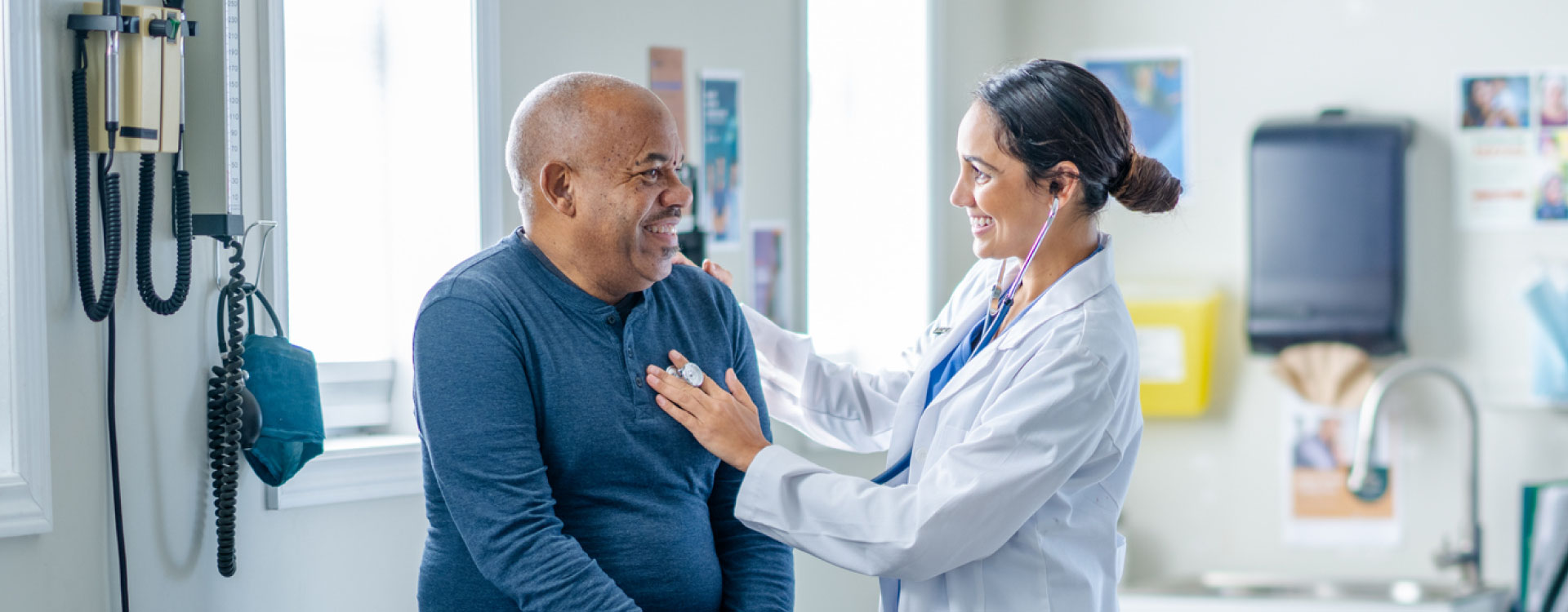Testicular cancer is the most common cancer in men ages 20 to 35. Fortunately, it is rare, occurring in only six per 100,000 men. Like almost any cancer, it can affect males of any age, from newborns to older adults, and can metastasize, or spread to other parts of the body.
If left undetected and untreated, it can spread rapidly, so it is important to know the warning signs of the disease. Fortunately, for most men, testicular is rare and it is curable, even in later stages.
Testicular cancer screenings
There is no official screening protocol for testicular cancer. Most men find the lump themselves, though a doctor may find it during a routine exam. It is crucial to:
- Pay attention to your body.
- Talk to your doctor immediately if you notice a change, lump, swelling or discomfort in one or both testicles.
What are the risk factors for testicular cancer?
The following factors may increase your chances of developing testicular cancer:
- Abnormal testicle development
- A family history of testicular cancer
- A personal history of testicular cancer
- A history of undescended testicle
- Being Caucasian
Symptoms of testicular cancer
The most common symptoms of testicular cancer include:
- A change in the shape or feel of a testicle
- A lump that is painless
- A slight ache in the groin or lower abdomen
- Discomfort or pain in the scrotum or testicles
- Fluid buildup in the scrotum
- Swelling in the testicle
Testicular cancer diagnosis
The following tests are used to make an accurate diagnosis:
- Physical exam
- Ultrasound exam
- Serum tumor marker test
How is it treated?
Testicular cancer treatment can cause infertility. If you have testicular cancer and would like to have children in the future, talk to your doctor about sperm banking, which freezes and stores sperm for future use.
Depending on the stage of the cancer, one or more of the following treatments may be used:
- Chemotherapy
- Radiation
- Surgery
What should I do next?
Schedule an annual physical (if you haven’t already) with your primary care doctor. Talk to him or her about your testicular cancer risk factors.
If you notice any changes in your testicles, schedule an appointment with your doctor as soon as possible. Visit pardeehospital.org to find a doctor near you.




